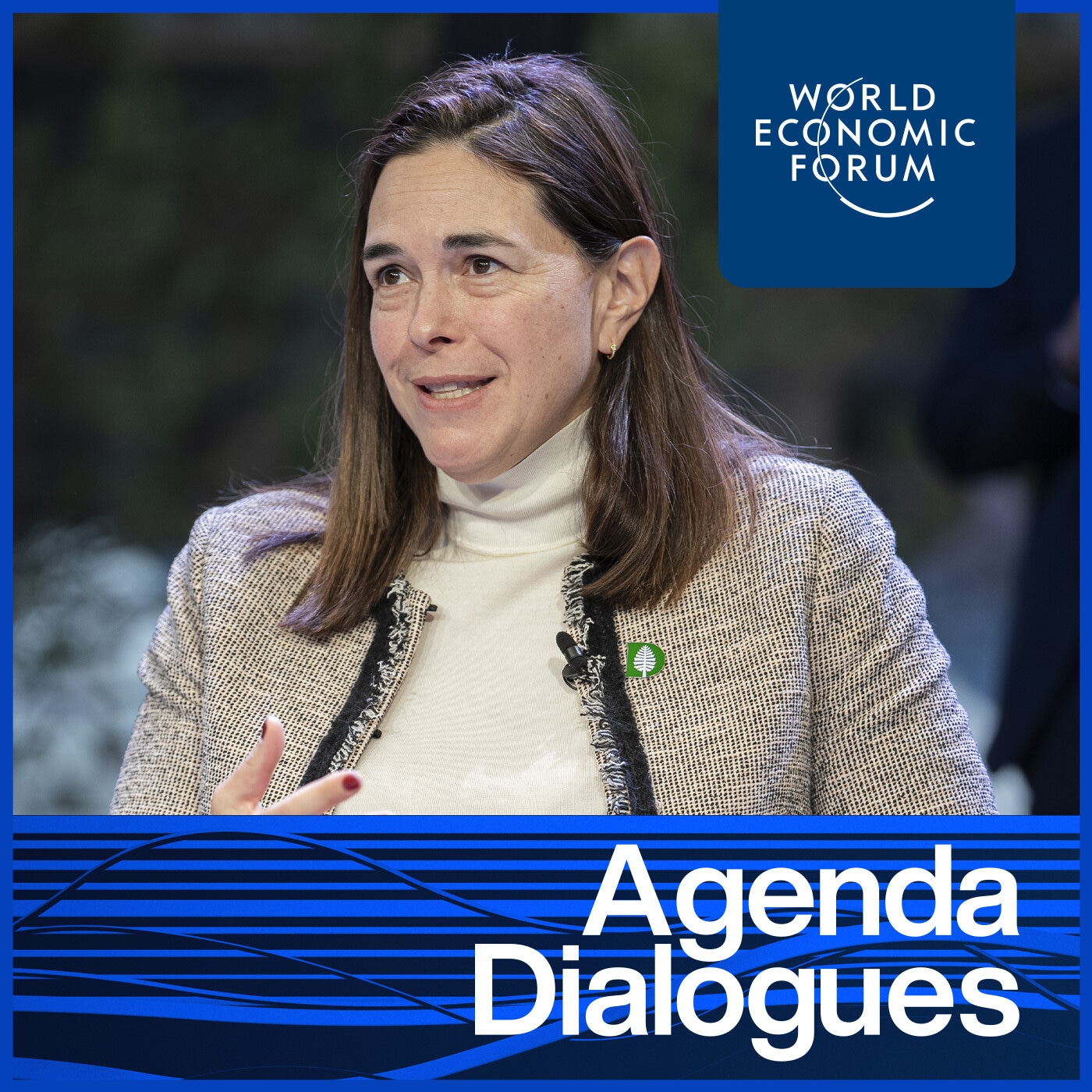Chart of the day: Aid spending fell in 2018, for the second year in a row
The spending reduction is mainly due to fewer refugees in donor nations.
Image: REUTERS/Logan Abassi
Stay up to date:
Education
Development aid from wealthy countries fell for the second consecutive year in 2018, adversely affecting some of the world’s poorest nations.
According to Organisation for Economic Co-operation and Development (OECD) figures, the 30 members of its Development Assistance Committee contributed $149.3 billion to global aid programmes, a drop of 2.7% from the previous year.
Humanitarian aid fell by 8%, while the least-developed countries saw a 3% drop in bilateral overseas development assistance (ODA), which is when a government gives aid directly to the government of another country. Aid to Africa fell 4% in real terms over the same period.
The fall was largely due to less aid being spent on hosting refugees, as arrival numbers fell and stricter rules on which refugee costs can count as foreign aid were enforced.
While aid spending increased in 17 donor nations, including major contributors like Hungary, Iceland and New Zealand, assistance levels fell in 12 countries, many of which experienced falling refugee numbers.
Aside from the reduction in aid spent on hosting and processing refugees, year-on-year overseas development assistance remained constant.
OECD Secretary-General Angel Gurría said: “This picture of stagnating public aid is particularly worrying as it follows data showing that private development flows are also declining. Donor countries are not living up to their 2015 pledge to ramp up development finance and this bodes badly for us being able to achieve the 2030 Sustainable Development Goals.”
The 2030 UN Sustainable Development Goals were adopted by all United Nations member states in 2015 to address concerns like global poverty and inequality, while implementing strategies to improve health and education and spur economic growth, particularly among the world’s poorest nations.
ODA accounts for two thirds of external finance for the least-developed nations. The OECD’s Development Assistance Committee is pushing for ODA to be used as leverage to generate private investment and domestic tax revenue in the world’s poor nations.
Accept our marketing cookies to access this content.
These cookies are currently disabled in your browser.
Don't miss any update on this topic
Create a free account and access your personalized content collection with our latest publications and analyses.
License and Republishing
World Economic Forum articles may be republished in accordance with the Creative Commons Attribution-NonCommercial-NoDerivatives 4.0 International Public License, and in accordance with our Terms of Use.
The views expressed in this article are those of the author alone and not the World Economic Forum.
Forum Stories newsletter
Bringing you weekly curated insights and analysis on the global issues that matter.
More on Education and SkillsSee all
Navi Radjou
May 8, 2025
Rachmat Pambudy
May 1, 2025
Shuvasish Sharma and Ximena Játiva
May 1, 2025
Ricky Li and Ximena Játiva
May 1, 2025
Ana Mahony
April 30, 2025





